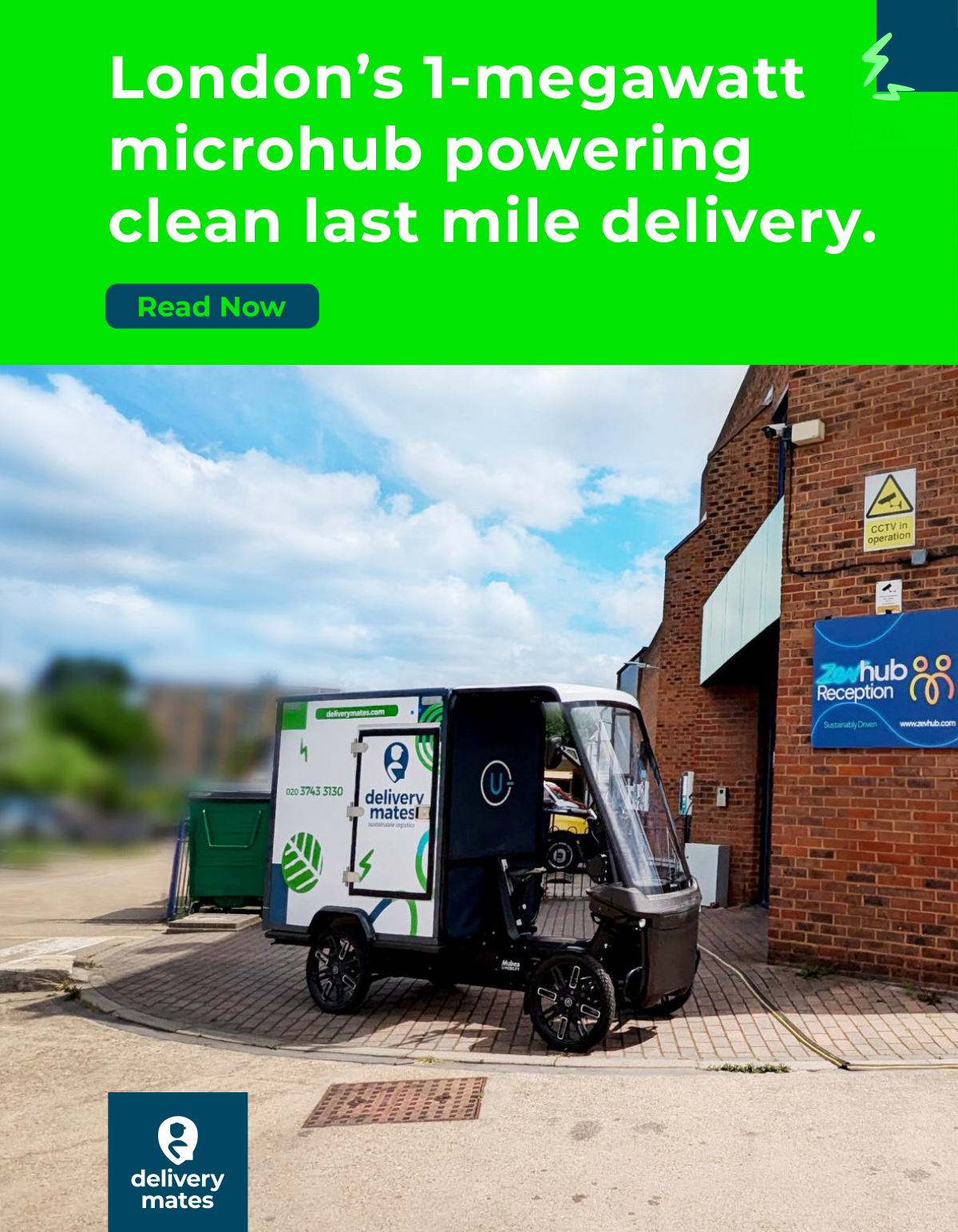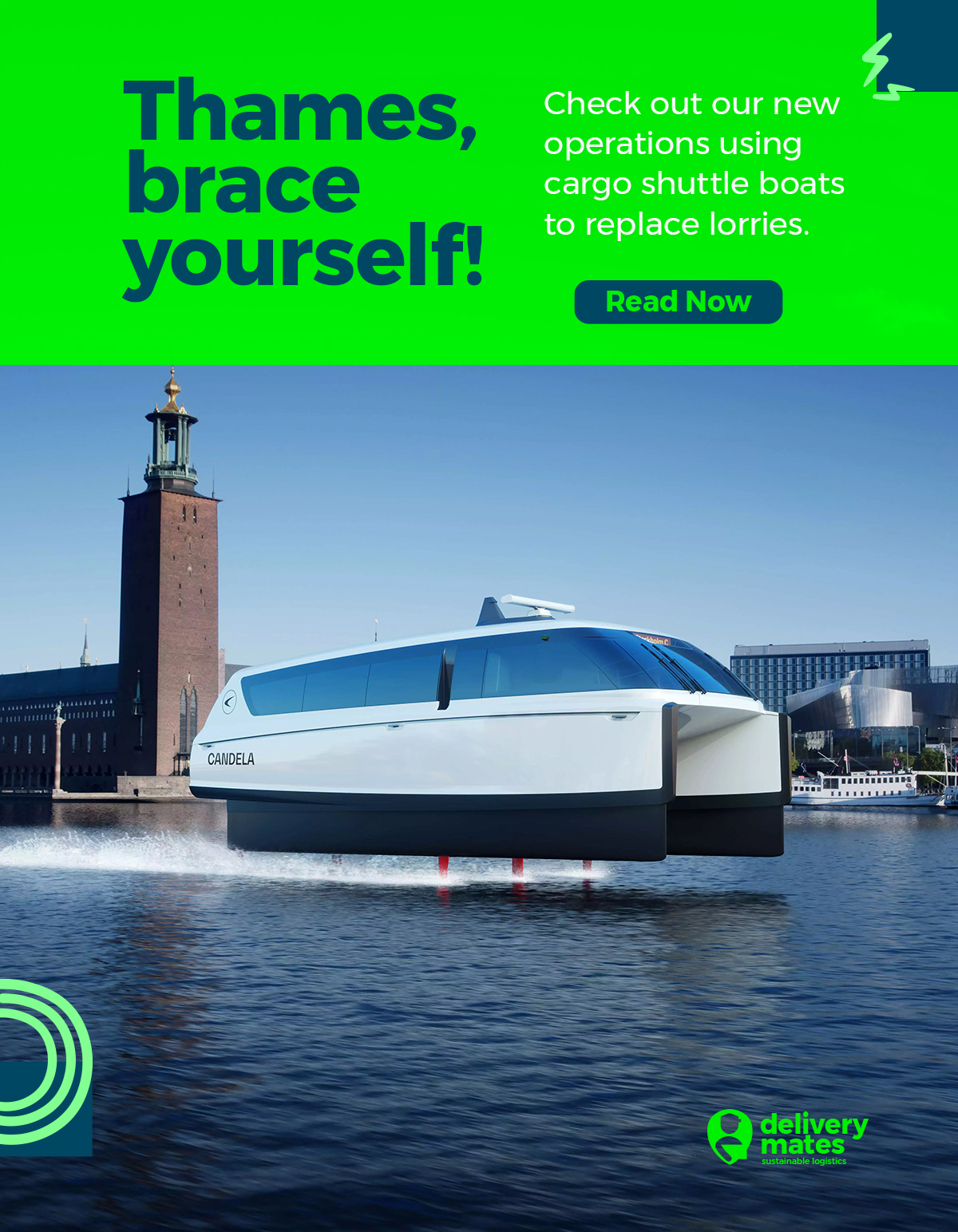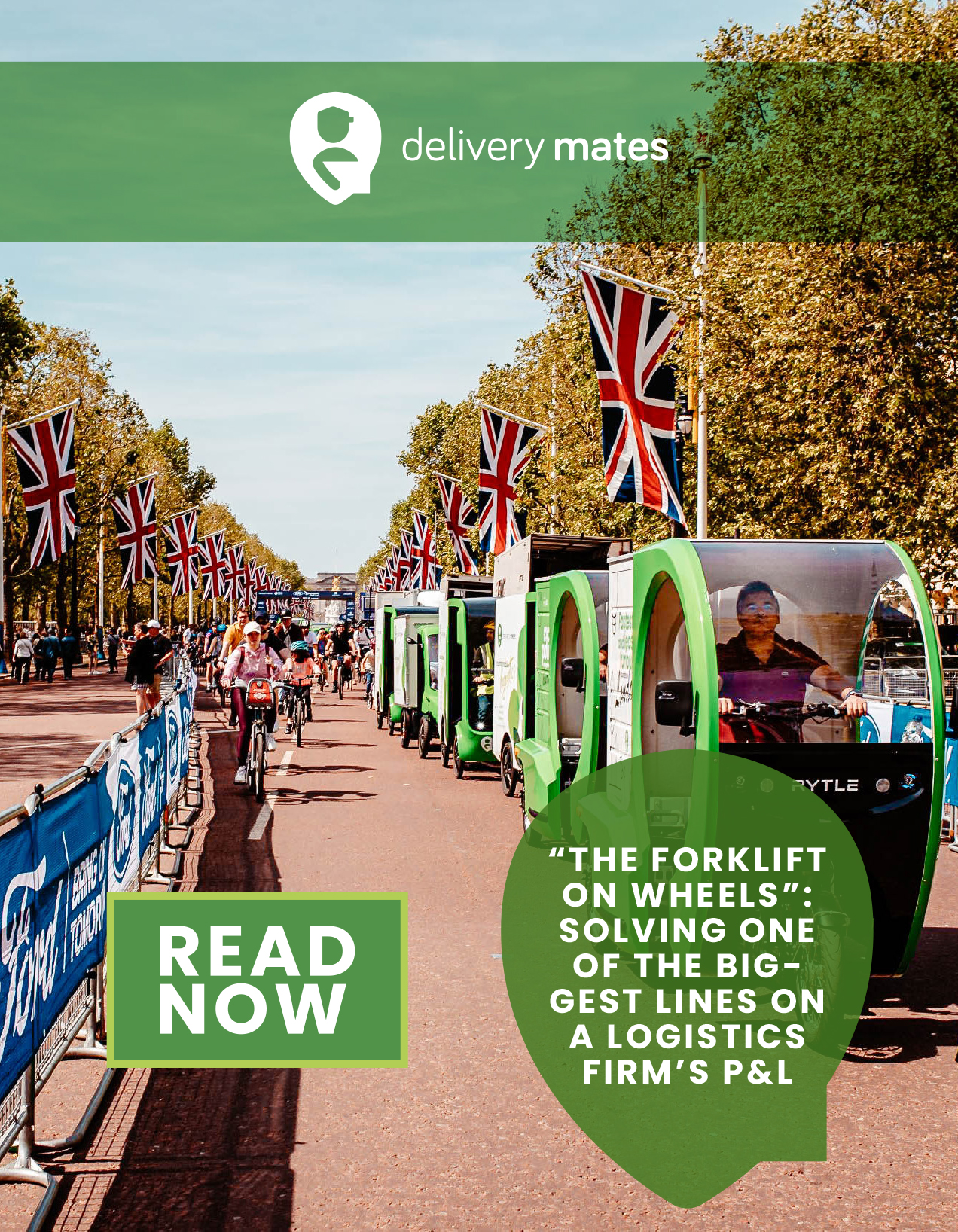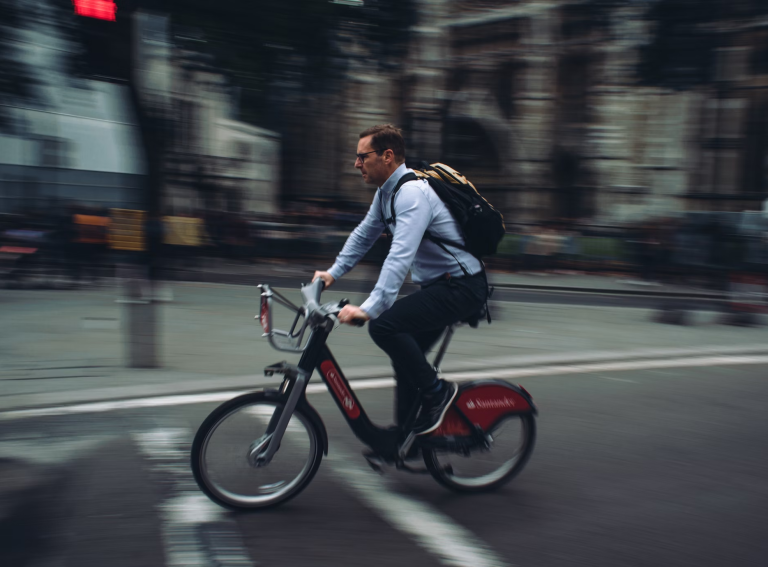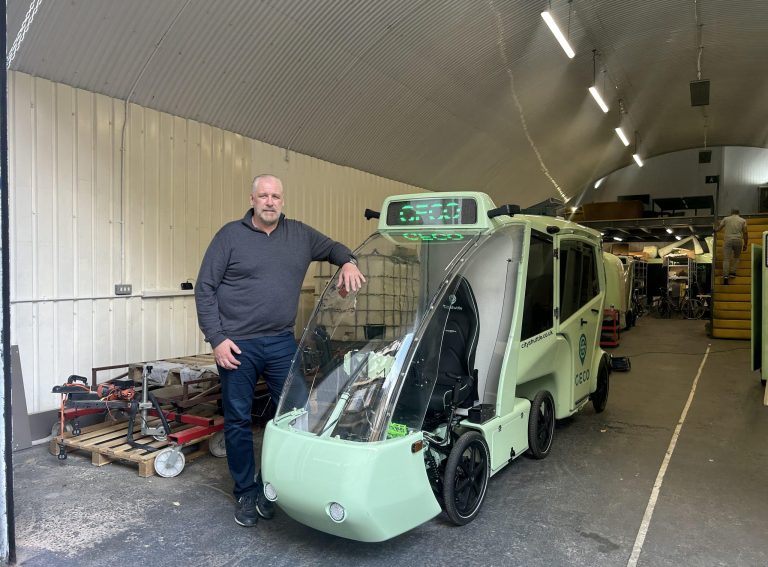Micromobility operator Voi has called for a level playing field between shared and private e-scooters from any future legislation in the UK.
To coincide with the one year anniversary of its service in the UK, Voi has issued six recommendations for policymakers looking at the e-scooter sector.
In addition to calling for a level playing field between shared and private e-scooters, the firm requested improvements to cycling lane infrastructure and the creation of a new vehicle classification for e-scooters.
Voi added that e-scooter services should remain available to the public, while also advocating for a clear governance structure and a solution to problems associated with parking.
Shared e-scooter trials began in July 2020 and will conclude in March 2022, while private e-scooters are currently banned from being ridden on public roads.
Voi launched its first fleet in Northampton in October 2020 and now has licences to operate in 17 UK towns and cities including Birmingham, Liverpool, Bristol, Cambridge, Oxford, and Southampton.
Voi has since extended pilots in Northampton, Birmingham, Cambridge and Peterborough until next March, with almost six million journeys completed across the UK so far.
“We are delighted to have been able to bring this new form of transport to the UK to play a part in creating better urban environments and our part in the recovery,” said Jack Samler, General Manager at Voi Technology UK.
“We hope that many other towns and cities across the UK will look at Voi’s trials and understand that shared e-scooter services, appropriately controlled through technology and regulation, are a brilliant solution to the challenges experienced in moving around cities.”
Voi’s six recommendations for future regulation in full:
- The Department of Transport should ensure e-scooter services remain available to the public. If trials were to stop, all the progress made would be lost with users most likely to return to using cars, or illegal, unregulated private e-scooters.
- Primary legislation should create a new classification of vehicles to cover e-scooters, which recognises the differences between scooters and electric-assist pedal cycles. This would give operators the freedom to innovate whilst still ensuring safe operations.
- Local authorities and operators should agree governance structure for the operation of shared scooter services to allow them to scale to meet growing demand, while ensuring local authorities have the authority to ensure a safe service.
- Local authorities should prioritise the development of cycling infrastructure such as segregated cycle lanes to encourage safe micromobility journeys and discourage private cars for short journeys.
- Councils and e-scooter operators should work together to find alternative parking solutions to pavement parking. As more urban space is freed up due to fewer cars on the roads, this should give rise to on-street scooter parking and parklets to minimise disruption to pedestrians.
- The Department of Transport should ensure a level playing field between shared and private e-scooters in any future legislation. Legislation permitting the use of private e-scooters should include strict provisions around insurance and vehicle specifications such as maximum weight and speed.

